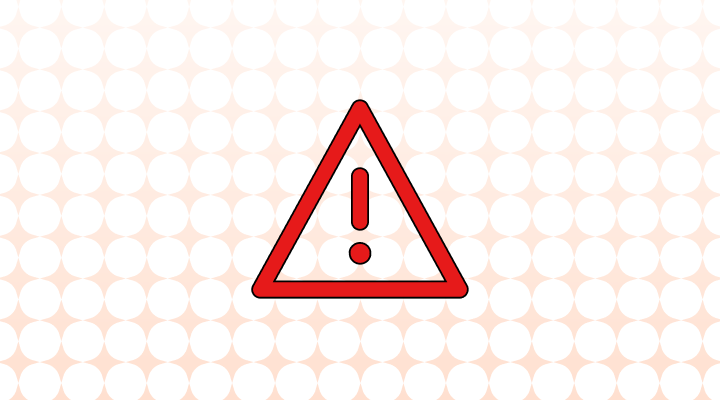"Errs" is either a plural noun that means mistakes or faults or a third-person singular verb meaning making a mistake or error.

The most common usage of "errs" is as the third-person singular form of the verb "err." In this context, it means to make a mistake, to be incorrect, or to deviate from what is considered right, accurate, or proper. For example, "He errs in his judgment." The verb is often used when someone is wrong in judgment or opinion or is making a mistake or error.
In some cases, "errs" could be used as the plural form of the noun "err," which is a poetic term for a mistake or fault. This usage is not commonly found in modern English. The noun form of the word is used to mean an error or an incorrect belief or rumor.
In some rare cases, "errs" could be used as an informal abbreviation for words like "errors" or "erroneous," but this usage is not standard and may not be widely recognized. In formal writing, such as business emails and academic writing, it is best not to use "errs" as an abbreviation of any other word as your readers may not know what the informal abbreviation stands for and they may misinterpret the meaning of your words.
"Errs" in programming
In programming, "errs" is not a formal or widely recognized abbreviation, although "err" is a standard abbreviation for "error." A programmer casually messaging another programmer may colloquially use "errs" as a convenient and quick way to abbreviate "errors," but note that "errs" is not an official abbreviation in coding.
The use of "errs" throughout the years

According to the Oxford English Dictionary, the earliest known use of the noun "errs" is from 1509 in the writing of John Fisher, who was the bishop of Rochester, a cardinal, and a martyr.
The earliest known evidence as a verb was from the Middle English period (1150-1500), which is even earlier than the noun definition of the word, so we can assume that the more common verb form came before the noun form of the word.
As shown in the graph above, the use of "errs" has gradually decreased throughout the years in the Google corpus of books and other material.
Example sentences
- Noun: The professor marked all the errs in the students' essays and provided feedback.
- Verb: It is human nature to err occasionally; nobody is perfect.
- Noun: The errs in the software code caused unexpected errors during testing.
- Verb: She often errs in her calculations, but she is diligent about double-checking her work.
- Noun: Recognizing your errs and learning from them is a valuable part of personal growth.
- Verb: The company acknowledges when it errs in its customer service and strives to improve.
- Noun: The athlete's err in judgment cost the team the championship.
- Verb: Even the most experienced chefs can err when trying a new recipe.
- Noun: In literature, characters' errs often drive the plot and create conflict.
- Verb: As a leader, it's important to admit when one errs and take responsibility for the consequences.
Practice questions
Can you tell if "errs" is being used as a plural noun or singular present tense verb in the sentences below? The answers are at the end of this page.
- Learning from your errs is a vital part of personal development.
- The artist always errs when painting buildings in perspective.
- Acknowledging one's errs is the first step toward improvement.
- Human nature ensures that everyone errs from time to time.
- The team's errs in strategy led to their defeat in the match.
- Admitting your errs can build trust and credibility in professional relationships.
- Addressing errs in communication is essential for resolving conflicts.
- Even the most experienced chefs occasionally err when experimenting with new recipes.
- It is common for programmers, even experienced ones, to err when writing code.
- In the novel, the main character often errs in social situations but is always reliable when it comes to surviving in the wild.
Answers to the practice questions
- Noun
- Verb
- Noun
- Verb
- Noun
- Noun
- Noun
- Verb
- Verb
- Verb
Want to sound like a native speaker?
Engram’s AI-powered grammar checker makes your English sound like a native speaker’s, suggesting natural English expressions on top of fixing grammar, spelling, punctuation, word order, and vocabulary.

Reference:




















